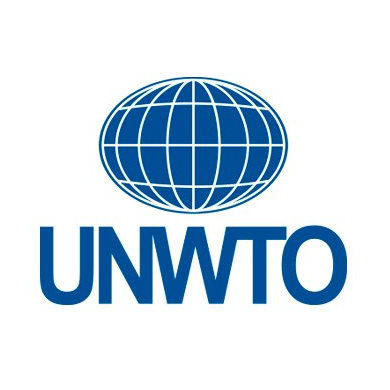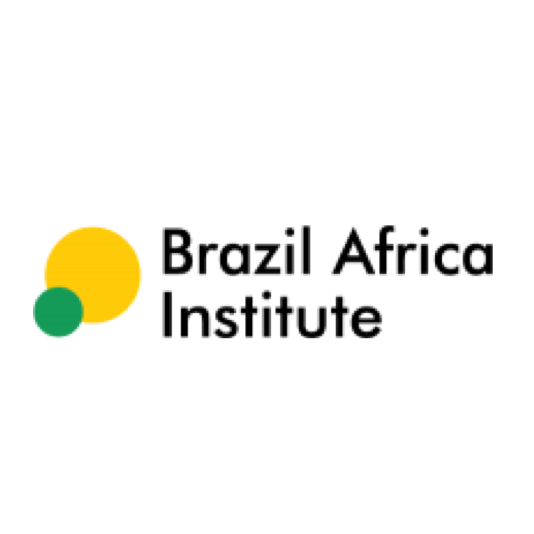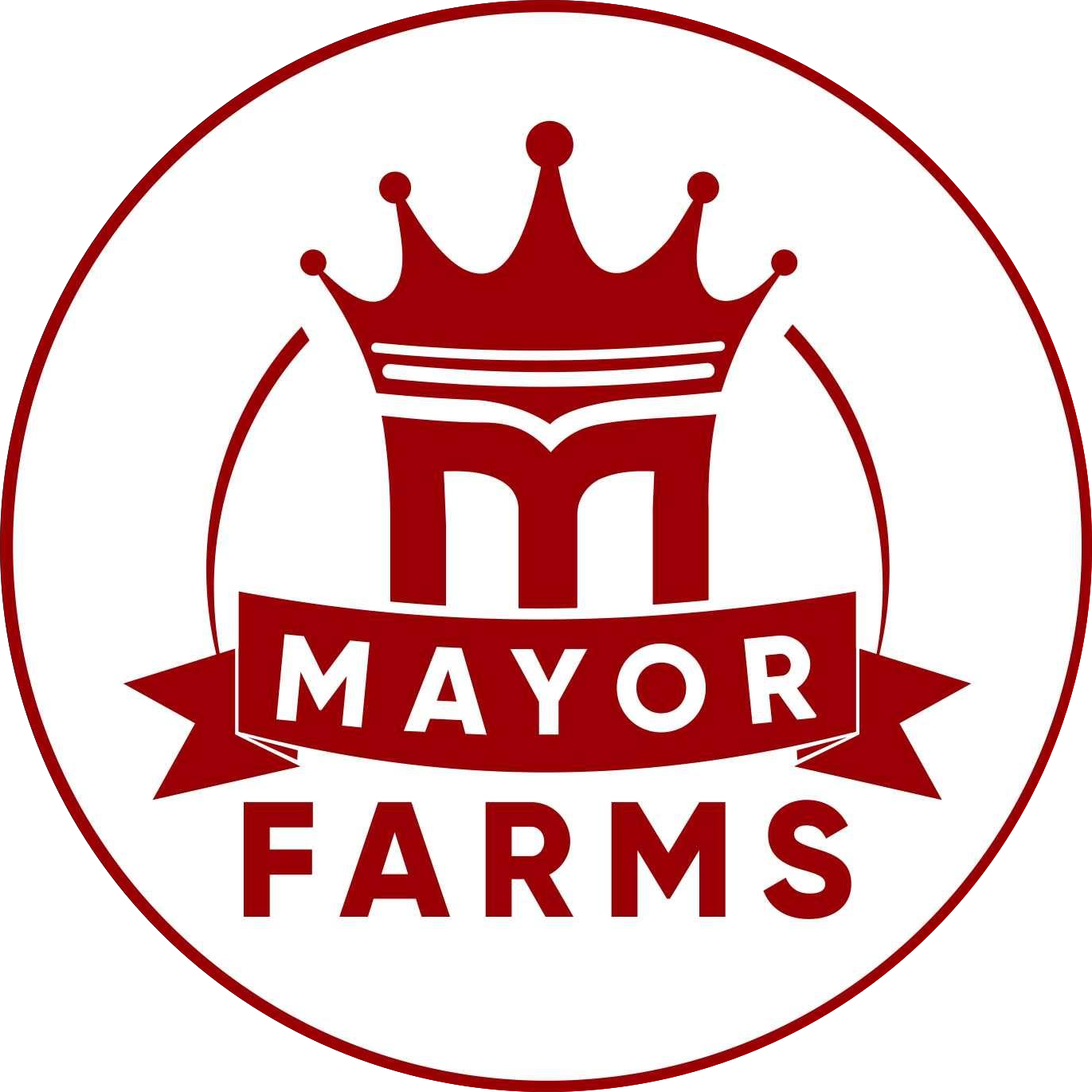Directorate of Technical Cooperation in Africa (DTCA), Ministry of Foreign Affairs, Nigeria
Description
Given the growing globalization of world economies vis-à-vis the fragmented and fragile African economies, the Nigerian Government recognized the urgent need for a more practical, integrated, strategic, and pragmatic approach to assisting Regional Member Countries through technical cooperation. To assert Nigeria’s continued leadership role in Africa, the creation of the Directorate of Technical Cooperation in Africa (DTCA) was prompted, under the then Ministry of Cooperation and Integration in Africa (MCIA), now merged with the Ministry of Foreign Affairs, as the implementing agency of this foreign policy thrust.
Mandate and Mission of DTCA:
The mandate and mission of DTCA focus on bridging the widening economic and technological gap between Africa and the developed world. This involves creating an enabling environment and opportunities for Nigerian professionals and those of African descent to invest their intellect, expertise, and skills into the economies of Africa.§
Vision of DTCA and Establishment of NTCF:
DTCA’s vision is to sensitize and mobilize African experts and professionals within Africa and the Diaspora to actively participate in the development process of Africa. To be more proactive in its foreign policy directives and interests, the Nigerian Technical Cooperation Fund (NTCF) was established as a specialized funding window from the Nigerian Trust Fund (NTF) and domiciled at the African Development Bank (AfDB).
Operationalization of the NTCF:
On April 5, 2004, the Nigerian Government, represented by the Honorable Minister of Finance, signed the Technical Cooperation Agreement (TCA) with the African Development Bank Group (AfDB), effectively creating the NTCF. This fund is jointly administered by the DTCA and AfDB and focuses on financing technical and institutional support programs for the benefit of Regional Member Countries (RMCs). The Fund is project and program-driven, with a depletion rate of US$2.5m per annum over ten years initially, addressing areas such as Science and Technology, Health, Business and Finance, Agriculture, Education, Public Administration, Regional Integration, Arts and Humanities, Governance, and Gender Issues.
The operationalization process included the signing of the Aide Memoir and the Operational Manual of the Fund. These events marked the commencement of the implementation of DTCA’s Scientific and Technical Exchange Programme (STEP), aimed at deploying technical experts and professionals of African descent as "technical ambassadors" to bridge technological gaps among African nations and between Africa and the rest of the world.
Specific Areas of Intervention:
Specific sectors and areas of intervention include:
- Institutional/technical support and other capacity-building programs in the Regional Member Countries (RMCs).
- Engagement of consultants and/or consulting firms for the preparation of pre-feasibility and feasibility studies.
- Acquisition of consulting services for the identification, preparation, appraisal, implementation, supervision, and post-evaluation of development projects and programs in Regional Member Countries, as well as mid-term reviews and audits.
- Provision of technical assistance related to the rehabilitation of existing projects experiencing difficulties.
- Provision of training and capacity building.
- Provision of technical assistance in the preparation of policy studies.
- Other technical assistance activities as may be mutually agreed upon between the parties from time to time.
SECTOR
Gender Equality and Empowerment of Women, Health, Renewable Energy, Science, Technology & Innovation, Development Cooperation, Climate Change, Capacity Building
Country
Nigeria
SDG
03 - Good Health and Well-being, 04 - Quality Education, 05 - Gender Equality, 06 - Clean Water and Sanitation, 07 - Affordable and Clean Energy, 13 - Climate Action, 16 - Peace and Justice Strong Institutions, 17 - Partnerships for the Goals
Organization Type
Government
URL
www.dtca.gov.ngSimilar Organizations




